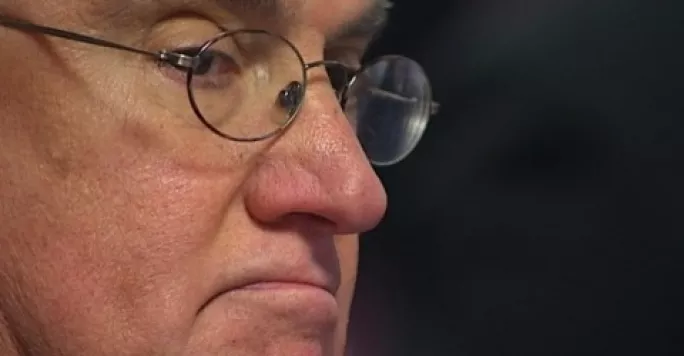All schools should be forced to join a chain or federation, which will become the focus of inspections in future, according to the head of Ofsted.
Individual schools would not receive inspections under the proposal, Sir Michael Wilshaw told MPs this morning.
He made the comments to the Commons education select committee in a session on extremism in schools in the wake of the alleged Trojan Horse plot in Birmingham.
Sir Michael, himself a former head of a standalone academy, Mossbourne Community Academy in east London, said the episode in Birmingham, where five schools - predominantly academies - were placed into special measures amid fears the students were “vulnerable to extremism”, showed there needed to be “greater oversight” of academies.
He questioned “how seriously” the Department for Education took its responsibility for the oversight of academies and highlighted that the new regional commissioners faced “a very, very, very big challenge” in trying to maintain oversight of a large number of local authorities and schools.
“In a school-to-school improvement system, I think the future is ensuring all schools join a cluster, a federation or a collaboration of some kind,” he said.
“And I think an element of compulsion is necessary to say, ‘You have got to join a cluster’ and then the outstanding leaders within that cluster monitor the performance of those schools.
“And I see the future of Ofsted inspecting the clusters rather than individual schools. That could be an option, especially if our budget is cut even more.”
It was confirmed that, since the alleged Trojan Horse plot in Birmingham, inspectors had visited school in both Bradford and Luton over concerns schools were not doing enough to teach tolerance of other people’s faiths and beliefs.
Sir Michael said that while inspectors had found no evidence of radicalisation in the Birmingham schools, and that the issue of extremism was outside the watchdog’s remit, it did find that the culture in the schools would leave students “vulnerable to extremism”.
“We didn’t find extremism,” Sir Michael said. “What we did see was a promotion of a culture which would, if that culture continued, would have made them vulnerable to extremism because of the disconnection of wider society and cultural isolation.”




